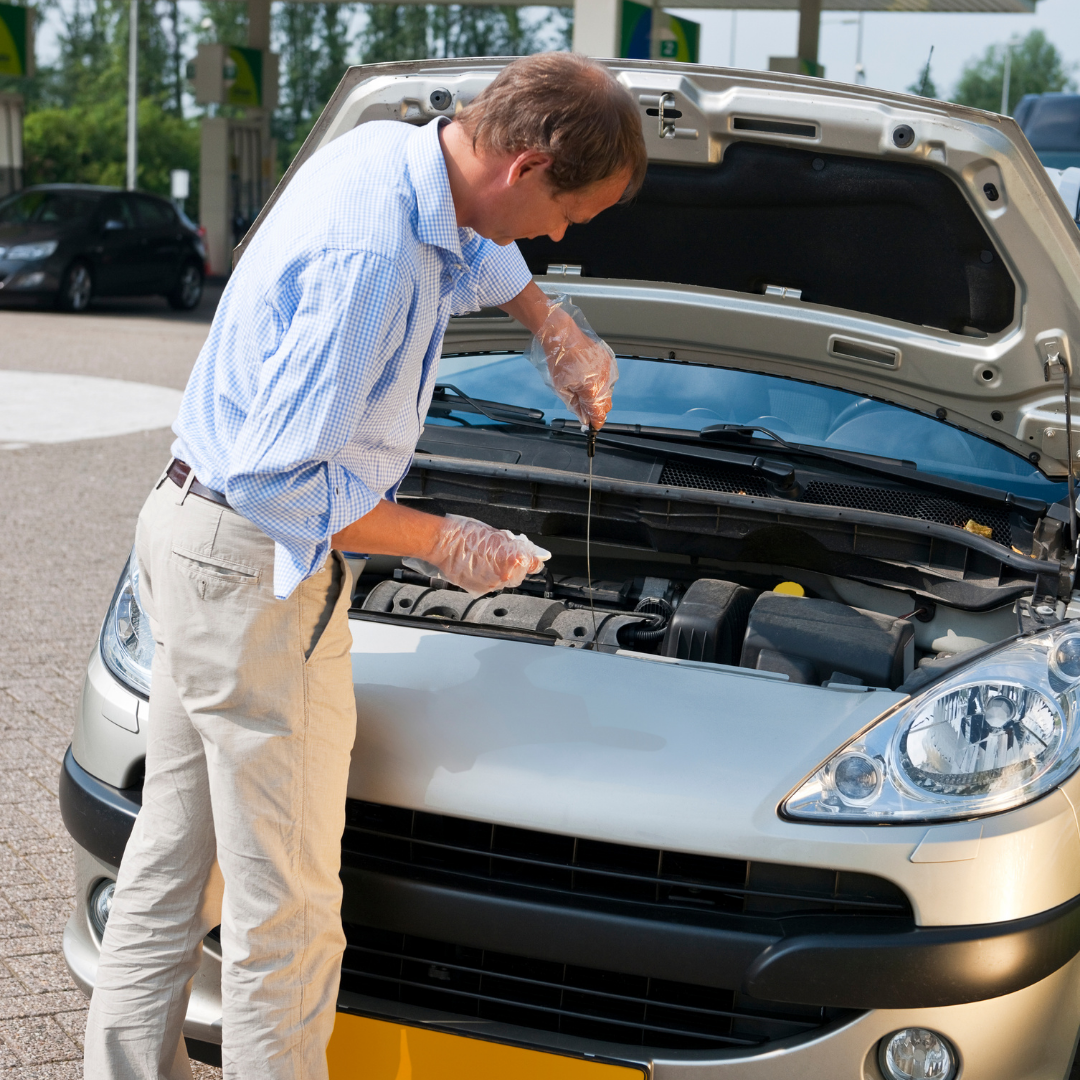The adage of “an ounce of prevention is worth a pound of cure” is particularly relevant when it comes to vehicle maintenance. While you might not think to check your engine’s oil or tire pressure before heading out, it is a good idea to do so, especially if you are taking a long road trip. Taking a few minutes to double-check these basics can help you avoid a breakdown and calm your nerves if you are already on the road.
The first and most obvious way to check a vehicle’s engine is to drive it. It’s called “trial by fire” – there’s no substitute for actually taking the car or truck out for a test drive. You get a feel for how it handles, how it accelerates, and how it runs at various speeds. However, that’s not always practical, nor is it a good idea for certain types of vehicles, such as small boats, trucks, motorcycles, and RVs. If you have a more heavy-duty vehicle that you need to get checked out then it may be worth looking to find a truck mechanic or boat mechanic to potentially carry out the checks for you, as these vehicles may be harder to service.
When you purchase a used car, it is good to have the engine checked out before driving it off the lot. A mechanic can look at the engine and tell you if there is any wear or damage and recommend any repairs that are necessary. You should also check the engine regularly yourself to make sure there are no problems with your engine that could cause a breakdown in the future, and familiarize yourself with where you can buy parts like Cummins Solenoids, should you ever need to replace this part of your engine. Here are three ways to check your engine:
The engine is one of the most important parts of your car. A rough-running motor can cause all sorts of problems, from poor fuel economy to dangerous driving conditions. The good news is there are three simple ways to check your engine for potential problems that you can easily do yourself.
- The first (and easiest) way to check your engine is to take it in for an inspection. Certified technicians will run a battery of tests and give you a detailed report on the condition of your vehicle and let you know if they find anything that should be addressed immediately.
- A second and more do-it-yourself approach is to check the oil level. An engine with low oil can cause a variety of problems, including everything.
- When you need to know how to fix a flat tire or change your oil, it’s simple-there’s a how-to guide for everything you need to know, with plenty of pictures to help you out. But when you have to deal with your vehicle’s engine, things get a little trickier. It’s not impossible to tackle things yourself, but it’s important to know what you’re doing before replacing a part or flushing your coolant.
Checking your engine is very important because you can detect if there is a problem with your engine, and you can fix it. If you check your engine, you can save up a lot of money from being wasted on something that is not important. Moreover, if you detect any issue with the engine, you can either get it repaired by a professional or look for engine rebuild parts to restore it to its former condition. It can reduce the possibility of a situation where you may have to replace the whole car.
There are many reasons why it’s important to check your engine oil, but none more important than to maintain the longevity of your engine. The life span of a car depends on several factors, but one of the most important is the regular change of engine oil. There are a variety of different brands and types of oil you can choose from, but the most important thing is to make sure your engine oil matches the manufacturer’s suggested grade. If you’re not sure about all of this, it may be a good idea to get in touch with a Red Deer mechanic to do the vehicle inspection for you. If there are any issues, they can also assist in fixing them.
A new car can be a joy to drive, but only if it’s in good condition. If you’ve just come across a great deal on a vehicle, stop and check out the engine. If you don’t, you could end up spending way more than you planned. Engine problems can lead to major repairs that aren’t cheap, and in extreme cases, can result in a breakdown. A mechanic can help you prevent problems and make sure your engine is in good shape.

